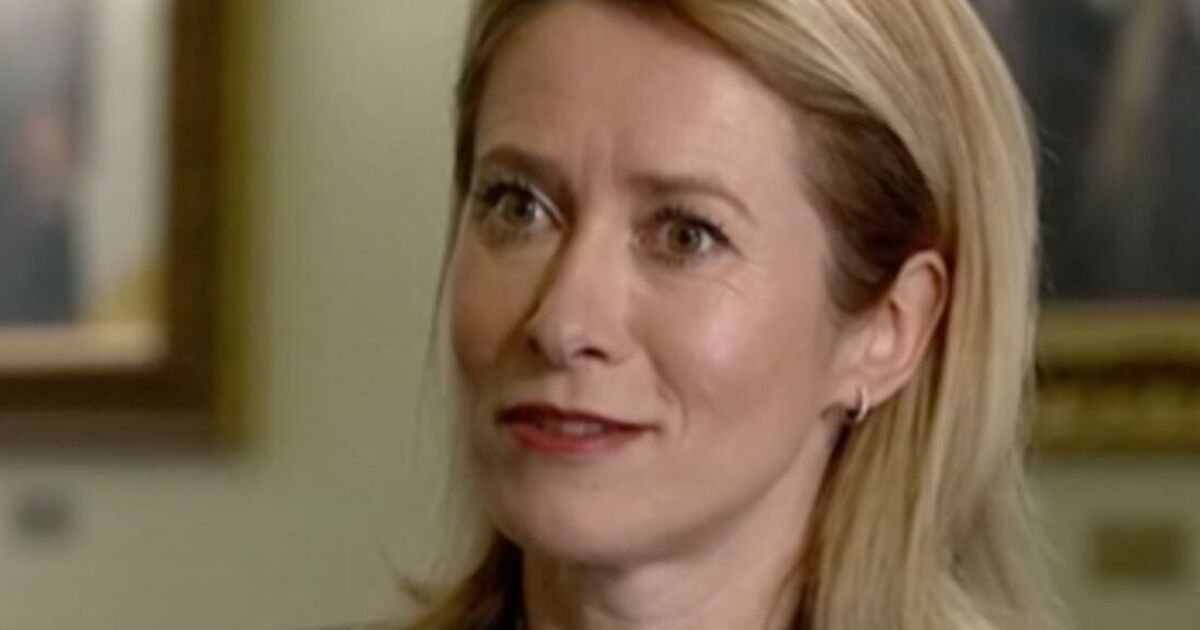Estonian Prime Minister Kaja Kallas has urged Britain to bolster its defence capabilities by expanding its reserve forces to a scale akin to Estonia’s own preparedness. Speaking to BBC News, Kallas emphasised the importance of readiness.
She said: “We have a reserve army of 44,000 people. That would equal for Great Britain around two million people. Two million people who would be ready to defend their country, who know what they have to do.”
This plea comes amid rising tensions in Europe, particularly following the second anniversary of the Russian invasion of Ukraine. Concerns loom large that President Vladimir Putin may extend military operations into Baltic States, necessitating a robust defence posture from NATO members.
Army chiefs in Britain are considering significant adjustments to basic training for infantry soldiers. The proposed changes, including a reduction in the duration of basic training from 26 to 18 weeks, are a response to the evolving security landscape.
This shift marks a departure from the post-Cold War strategy of “graduated readiness,” as stressed by the outgoing head of the British Army, General Sir Patrick Sanders.
Sanders underscored the need for a substantial increase in troop numbers, envisioning a British Army of 120,000 within the next three years.
Current statistics reveal a concerning shortfall in manpower for the British Army. With a full-time strength of 73,520 soldiers, the UK’s military presence pales in comparison to other European counterparts.
Compounded by retention challenges, the army faces a delicate balancing act between recruitment drives and preventing experienced personnel from leaving.
Despite these hurdles, there are signs of progress. Army recruitment has surged, indicating success in attracting younger generations. However, the struggle lies in retaining trained soldiers, with an alarming discrepancy between recruitment and retention rates.
As geopolitical tensions persist, NATO allies are ramping up joint exercises and bolstering defence capabilities. The UK’s commitment to sending 20,000 troops to reinforce eastern Europe underscores the seriousness of the situation.
While the prospect of war remains uncertain, military strategists emphasise the need for preparedness.
General Sir Richard Barrons, former head of Joint Force Command, stressed the importance of balancing efficiency with readiness. Acknowledging the financial constraints, Barrons emphasised the necessity of adequately preparing soldiers for potential combat scenarios.







